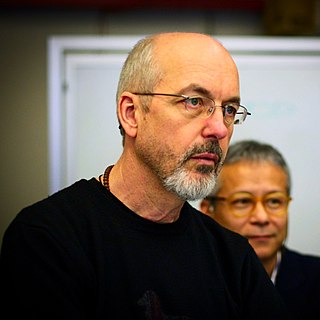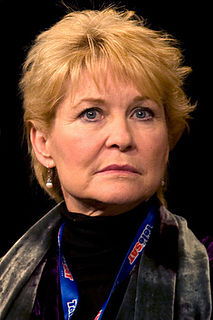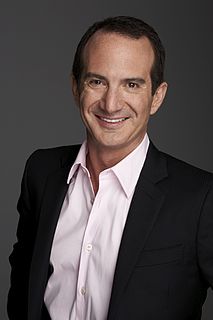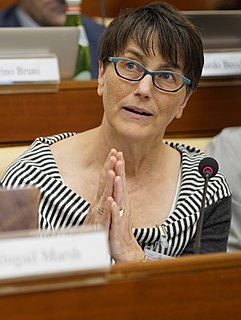A Quote by Alison Pill
I guess the biggest world difference you can make is in people's relations to their own emotions, 'cause emotions rule so much of our daily life, and I think that's where we work.
Related Quotes
How do I control my emotions? How do I stop getting angry so often, or how do I stop being sad? And I think there's a really important distinction to understand is that you can't completely control your emotions. What you control is your reaction to your own emotions. And a lot of people don't ever make that separation for what goes on with them.
I've been a teacher all my life. I've had my own dance studio, my own acting studio for 18 years out here... I'm just a natural teacher. I teach on all my healing work now. I think actors teach any time they work anyway. We're teaching emotions, we're teaching how to deal with emotions, we're teaching how to get around issues and deal with them. Actors are some of the best teachers in the world, because they're teaching you through entertainment, and you don't know you're getting a message.
When young we have a vivid sense of basic values like trust and warm-heartedness, which we tend to neglect in today's competitive world as we grow up, yet from birth we all have a need for affection. The emotions we experience today have not changed much over the last few thousand years, but the interest increasing numbers of people are showing in their inner world and how their emotions work is a sign of maturity.
What quality is shared by all objects that provoke our aesthetic emotions? Only one answer seems possible— significant form. In each, lines and colors combined in a particular way; certain forms and relations of forms, stir our aesthetic emotions. These relations and combinations of lines and colors, these aesthetically moving forms, I call ‘Significant Form’; and ‘Significant Form’ is the one quality common to all works of visual art.




































